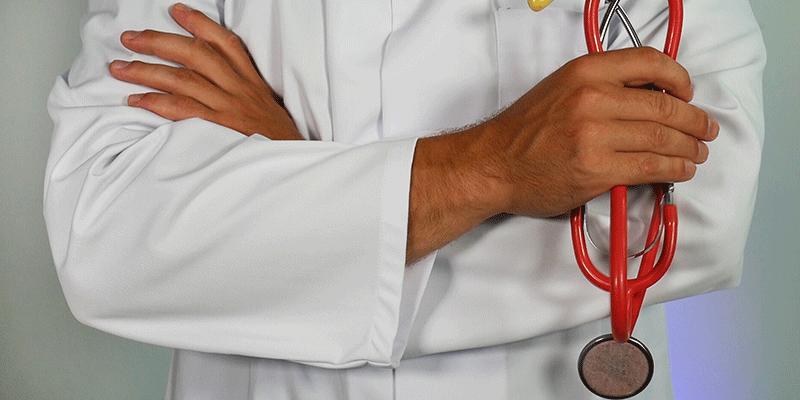
Postpartum Psychosis
A very small number of women (1 or 2 in 1,000 women) suffer a rare and severe form of depression called postpartum psychosis. Women who have been diagnosed with bipolar disorder or a condition called schizoaffective disorder are at higher risk for getting postpartum psychosis.
The symptoms of postpartum psychosis typically begin during the first 4 weeks after delivery and may include:
- Extreme confusion
- Hopelessness
- Cannot sleep ﴾even when exhausted﴿
- Refusing to eat
- Distrusting other people
- Seeing things or hearing voices that are not there
- Thoughts of hurting yourself, your baby, or others
Postpartum psychosis is temporary and treatable with professional help, but it is an emergency and requires immediate help.
Partners Also Get Depressed
New fathers are also at an increased risk of developing depression. In general, men are more likely to avoid expressing and discussing their emotions. They deny that they are at risk and do not seek help when they need it. However, fathers with depression struggle to support their partners and children; this increases a mother’s risk of depression. Depression in fathers is believed to be just as treatable, but it often is not recognized. See Dads Can Get Depression During and After Pregnancy, Too for more information.
There is not much research on depression in same-sex or nonbiological parents, but clinical experience suggests that starting a new family can be a difficult transition for all parents. Therefore, any parent who has difficulty coping with the stress of parenting or experiences any symptoms of depression should talk with a their doctor or child’s pediatrician.
Talk to a Health Care Professional
Screening for depression once during your pregnancy and at 1, 2, 4, and 6 months after pregnancy should be a routine part of yours and your baby’s health care. Health care professionals—such as your doctor, your baby’s doctor, a nurse, or other health care provider—are familiar with the types of depression new and expectant mothers face. They know ways to help and can explain your options to you. They are ready to listen to you and can put you on the road to recovery.
Remember…
Any woman may become depressed during pregnancy or after having a baby. It doesn’t mean you are a bad or “not together” mom. In fact, getting treatment and support helps you care for your baby. You and your baby don’t have to suffer. There is help available.
All children deserve the chance to have a healthy mom. And all moms deserve the chance to enjoy their life and their children. If you are feeling depressed during pregnancy or after having a baby, don’t suffer alone. Please tell a loved one and call your doctor right away.
Last Updated 12/17/2018
Source American Academy of Pediatrics (Copyright © 2018)
The information contained on this Web site should not be used as a substitute for the medical care and advice of your pediatrician. There may be variations in treatment that your pediatrician may recommend based on individual facts and circumstances.






